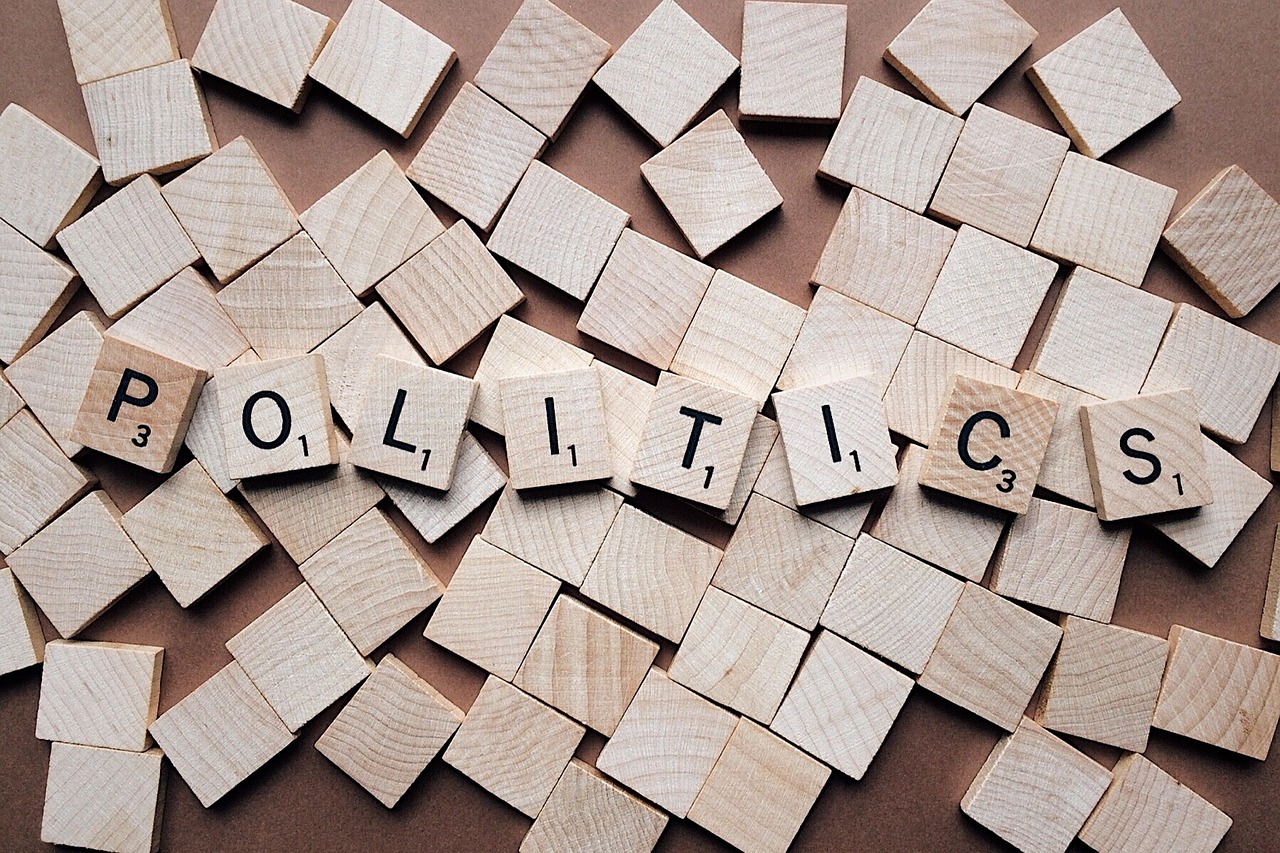The Need to Separate Politics from Economic Growth
In today’s interconnected world, the relationship between nations is more crucial than ever. However, political conflicts often arise, disrupting the economic progress that benefits people on both sides. The disconnect between political interests and economic growth has long been a challenge, but it’s time we recognize the importance of keeping these two forces separate. By prioritizing trade, cooperation, and mutual development over political disputes, nations can create a more stable and prosperous global economy.
How Political Conflicts Impact Economic Progress
When political tensions flare up between nations, the economic effects can be devastating. Trade agreements are canceled, sanctions are imposed, and businesses face uncertainty. For small nations, especially in regions like the Caribbean, these conflicts can mean lost opportunities for growth and development. Political interests, which may change from one government to another, often clash with long-term economic goals, leaving local industries in limbo and affecting global supply chains. Avoiding these conflicts is essential to ensure steady economic growth and stability.
Fostering International Cooperation and Dialogue
The key to avoiding the detrimental effects of political conflict is fostering dialogue and cooperation between nations. Diplomacy, economic partnerships, and open communication channels can help resolve disputes before they escalate into larger issues. Countries must prioritize economic development, recognizing that mutual prosperity benefits all parties. By focusing on shared interests—such as trade, investment, and job creation—nations can prevent political disagreements from overshadowing economic progress.
The Role of International Organizations
International organizations such as the United Nations, World Trade Organization (WTO), and regional trade blocs like CARICOM have a critical role in mediating conflicts and promoting economic collaboration. These organizations can help create frameworks that protect trade from political interference, ensuring that businesses and industries can continue to grow despite shifting political landscapes. By encouraging nations to adhere to international agreements and conflict-resolution mechanisms, we can reduce the negative impacts of political disputes on economic progress.
Conclusion: Building a Path Forward
Avoiding political conflicts between nations is crucial for sustained economic growth. By focusing on cooperation, dialogue, and shared prosperity, we can bridge the divide between political interests and financial goals. Governments and international organizations must work together to protect trade, investment, and development from the volatility of political disputes. Only then can we create a more stable, interconnected global economy that benefits everyone, regardless of political differences.
Eduardo Suarez.



